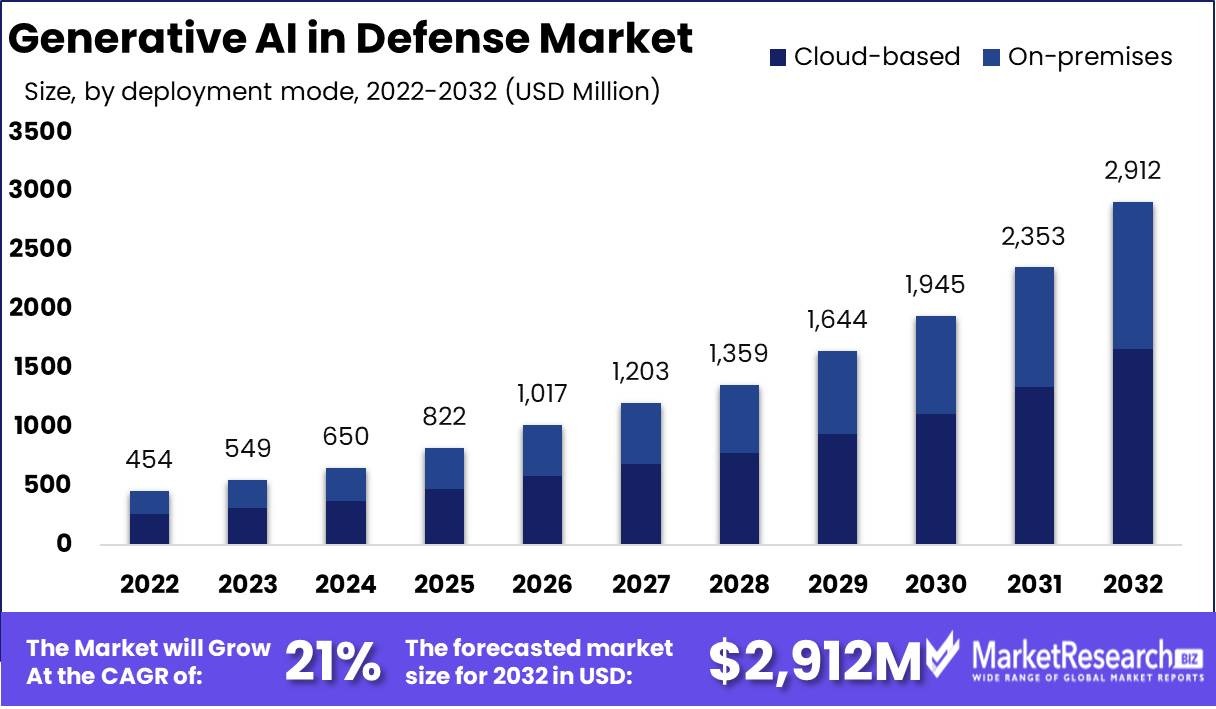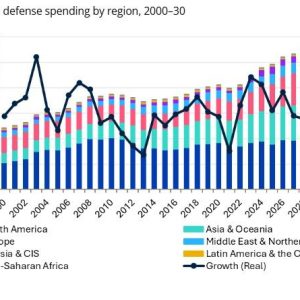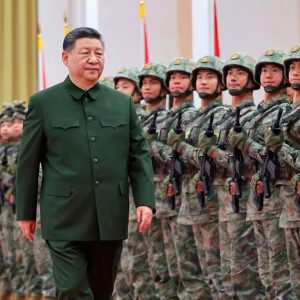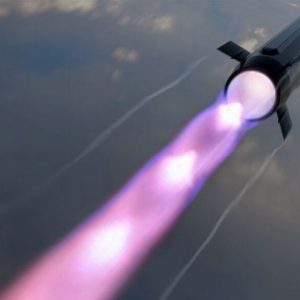In recent years, Growing Market for AI in Defense has become increasingly pronounced. Among the various advancements, the integration of Artificial Intelligence (AI) has emerged as a pivotal force, reshaping strategies and operations in the military sector. One prominent entity in this landscape is OpenAI, renowned for its groundbreaking research and development in AI applications. However, amidst its strides in innovation, OpenAI has found itself entangled in controversy due to its involvement in military applications. This article delves into the complexities of OpenAI’s role in defense, exploring the protests it faces and the overarching growth of the market it operates in.
Understanding OpenAI’s Vision
OpenAI, founded with the mission to advance artificial intelligence in a manner that benefits humanity, has garnered global recognition for its cutting-edge contributions to the field. Spearheaded by a team of leading experts and supported by influential figures such as Elon Musk, OpenAI’s endeavours have spanned diverse domains, ranging from natural language processing to reinforcement learning algorithms. Through its commitment to transparency and responsible AI development, OpenAI has positioned itself as a trailblazer in leveraging technology for positive societal impact.
The Military Conundrum
Despite its emphasis on benevolent AI applications, OpenAI has faced criticism and protests for its collaborations with military entities. The fundamental concern stems from the potential weaponization of AI technology, raising ethical and moral dilemmas regarding its deployment in warfare scenarios. Critics argue that by providing AI solutions to defense agencies, OpenAI risks contributing to the development of autonomous weapons systems, which could have devastating consequences and escalate global conflicts. This ethical quandary has sparked public outcry and calls for greater accountability from OpenAI regarding its partnerships with military organizations.
Navigating Ethical Boundaries
In response to the backlash, OpenAI has underscored its commitment to ethical guidelines and the responsible use of AI in defense applications. The organization has implemented stringent protocols to ensure that its technology is employed for purposes aligned with humanitarian principles and international laws. Moreover, OpenAI advocates for transparent dialogue and collaboration between stakeholders, emphasizing the importance of ethical considerations in shaping the trajectory of AI development. By fostering an ethos of accountability and transparency, OpenAI aims to mitigate concerns surrounding its involvement in military projects while advancing the broader societal benefits of AI innovation.
Growing Market for AI in Defense: Market Dynamics
Beyond the controversies surrounding OpenAI, it is essential to contextualize its role within the broader landscape of the defense industry. The market for AI in defense is experiencing exponential growth, driven by the imperative to enhance military capabilities and adapt to evolving threats. Governments and defense agencies worldwide are increasingly investing in AI-powered solutions, ranging from predictive analytics to autonomous systems, to bolster national security and strategic interests. This burgeoning market presents lucrative opportunities for technology firms like OpenAI to collaborate with defense stakeholders and drive innovation in defense applications.
Strategic Partnerships and Collaborations
In navigating the complex terrain of defense contracts and partnerships, OpenAI has forged strategic alliances with defense contractors and research institutions. By leveraging its expertise in AI research and development, OpenAI aims to contribute novel solutions to address critical defense challenges, ranging from cybersecurity to logistics optimization. These collaborations facilitate knowledge exchange and technology transfer, enabling defense agencies to harness the transformative potential of AI while upholding ethical standards and legal frameworks.
Addressing Concerns Through Dialogue
While OpenAI remains steadfast in its commitment to ethical AI principles, the discourse surrounding its involvement in military projects underscores the importance of ongoing dialogue and deliberation. Engaging with diverse stakeholders, including policymakers, ethicists, and advocacy groups, is essential to ensure that AI technologies are deployed in a manner that prioritizes human welfare and global security. By fostering transparency and inclusivity in decision-making processes, OpenAI endeavors to navigate the ethical complexities of AI in defense responsibly.
Conclusion
In conclusion, the intersection of AI and defense presents both opportunities and challenges for organizations like OpenAI. While the market for AI in defense continues to expand, fueled by technological advancements and geopolitical dynamics, ethical considerations remain paramount in shaping the trajectory of AI development. OpenAI’s stance on responsible AI usage, coupled with its strategic partnerships and commitment to transparency, positions it as a key player in shaping the future of defense technology. By fostering dialogue and upholding ethical standards, OpenAI strives to navigate the complexities of the defense landscape while advancing the broader societal benefits of AI innovation.












